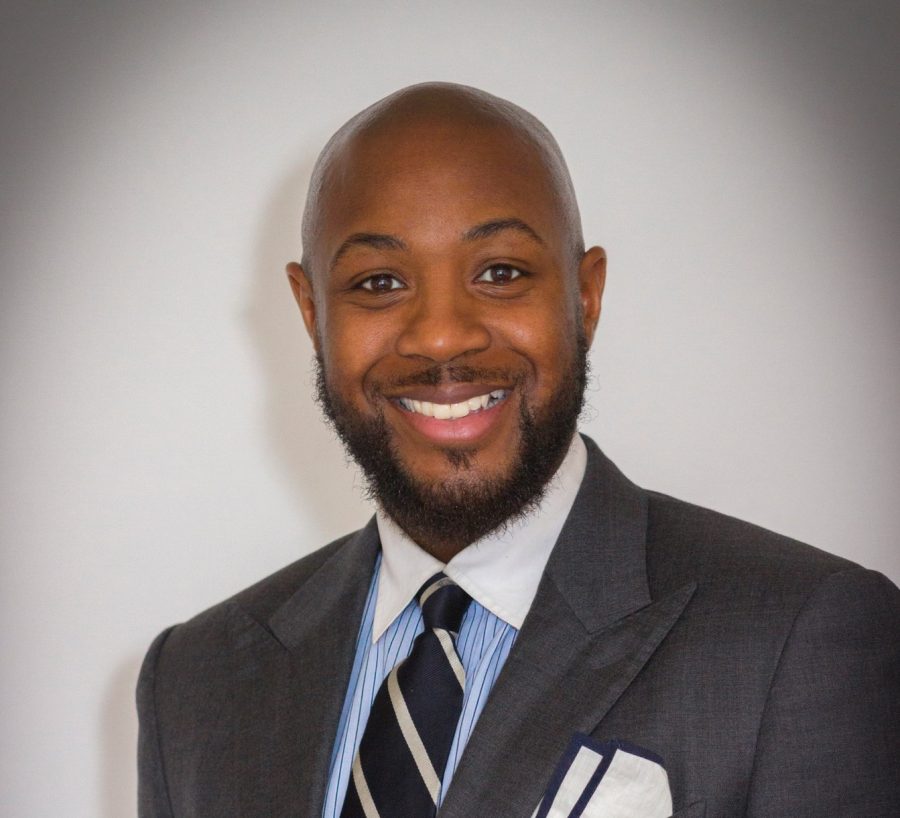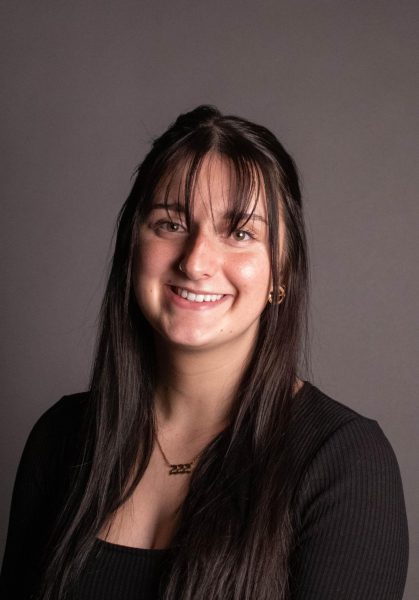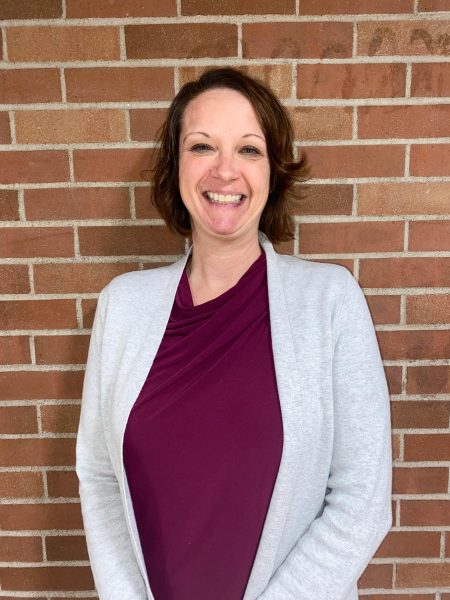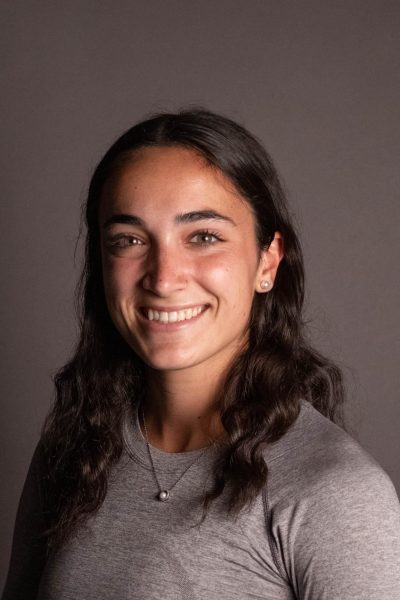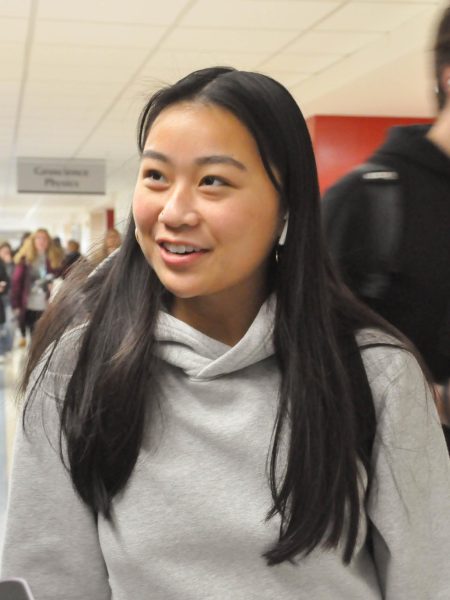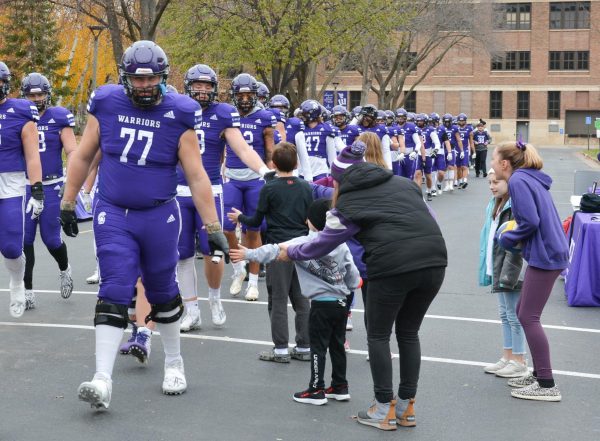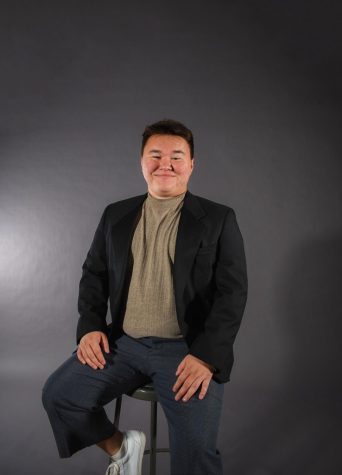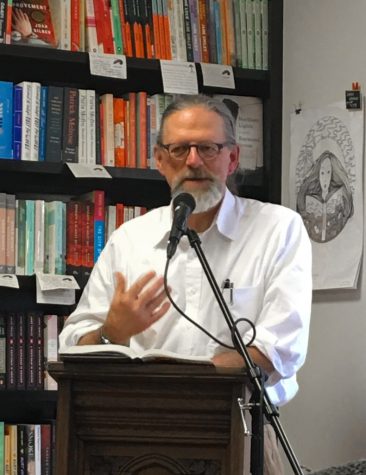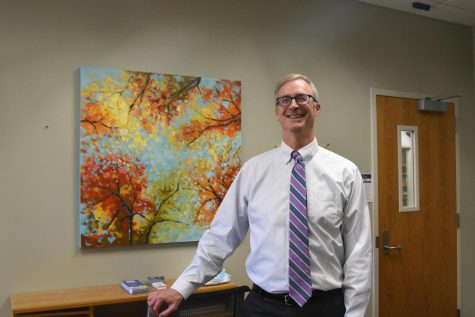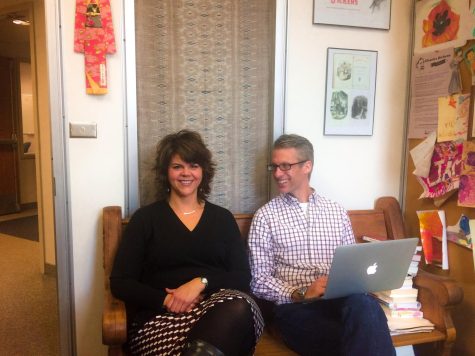Profile: Dr. Jonathan Locust Jr., a story of equity and determination
Contributed from: Office of Equity & Inclusive Excellence
Dr. Jonathan Locust Jr., Associate Vice President of the Office of Equity & Inclusive Excellence at Winona State University.
October 14, 2022
Passionate, driven and caring, is how many describe Dr. Jonathan Locust Jr., a mentor to many. Before he became a face of comfort and an advocate for equality and inclusivity at Winona State University, Locust experienced the good, the bad and the ugly. These experiences led Locust toward his dedication for his job as Winona State’s associate vice president of equity and inclusive excellence.
Locust, who now encourages and motivates many, discovered his passions through experiences earlier in life. Locust is now in his late thirties and living in Winona, but he grew up in Cleveland, Ohio. He described where he grew up to be a place that was diverse yet inclusive.
“I knew, of course, what racism was because we weren’t necessarily treated good a lot of times by law enforcement or sometimes teachers,” Locust said. “But we also lived with, like there was a lot of poor white people in our area too. And the poor black people and the poor white people got along great, I mean because the only thing that was different was they lived in trailer parks and we lived in what they would call the hood. I would say for its time it was a very very inclusive environment because just a lot of people didn’t have anything.”
College, on the other hand, was a different experience for Locust. Locust first attended college in 2003 at Ashland University. This is where Locust really began to realize that rural white people are different from urban white people.
“I became really, really interested in how these different people and aspects were different,” Locust said.
Two years later, at Ashland University, Locust witnessed one of his good friends be beaten by the police on campus.
“I ended up transferring because obviously I didn’t feel safe in that environment,” Locust said.
Locust transferred to the University of Cincinnati in 2005. Here, Locust met people who introduced him to black Greek organizations. Within the Greek council, they discussed the idea of having events that brought the sororities, fraternities and black Greek organizations together.
The black Greek organization that Locust was a part of, chose him to be the representative for their group when attending Greek council meetings. In one meeting, Locust threw out an idea about uniting the organizations.
“So what we did was we invited one of the sororities to our house and we cooked them soul food,” Locust said. He explained that they started a tradition where each house would continue to invite the other sororities, fraternities or black Greek organizations over to cook them food. They enjoyed each other’s meals while also getting to know more about one another.
“As I started basically this business of throwing events and parties, I started to really understand the intricacies of people’s cultures, which fascinated me. And then I was like, okay, is this something that I could actually do and be able to pursue this more full time?” Locust said.
All of these experiences led Locust to pursue his career as a resiliency strategist/researcher. When Locust got the opportunity to work at Winona State and was deciding if he was going to join the staff, he read a lot of wonderful things online about the university and its faculty.
“So the challenging thing was, we [Locust’s family] didn’t have any family here…Once we actually got here and once I interviewed, not only was it what I thought was very, very welcoming, but it was a space where equity work and diversity work will really be prioritized, and I felt that it was a priority here,” Locust said. “And then knowing that, I’m like, well yeah, this is worth us moving from Ohio. Without family, without friends, and without having a network here because of that commitment that I got from interviewing.”
Ventress Herron, a student at Winona State University, knows Locust to be a charismatic, goal oriented man. He described Locust to be someone who keeps the best interests in mind for his students, people of color and other minorities.
Herron described Locust as, “a welcoming face.”
Herron has known Locust for a long time. Ever since Herron met him, Locust has been there for him as a mentor and guide to help him figure out how to balance things in his life.
“A few years back he helped me make an outline to help me figure out what I was gonna do and how I was gonna stay focused and locked in,” Herron said.
Herron told a story encapsulating how Locust is actively trying to center what is best for his students. He shared that Locust gathered a group of black individuals and created a safe space for them where they could gather and discuss issues. Locust would take these concerns to heart and do his best to resolve those issues.
“It’s a better day experience type of deal,” Herron said.























































